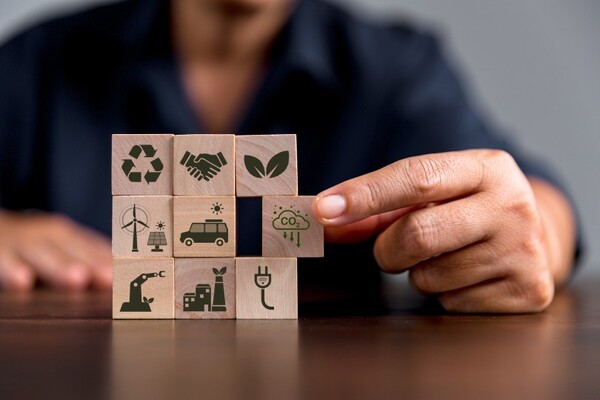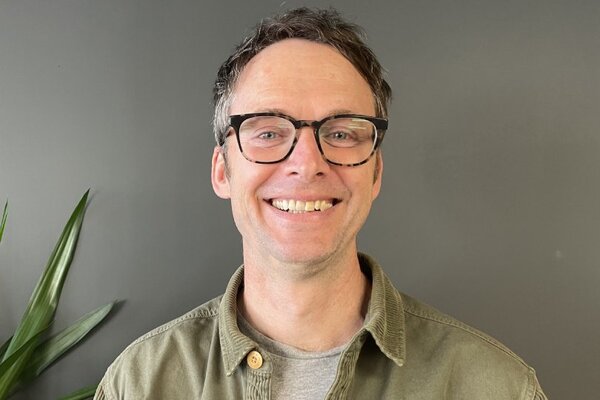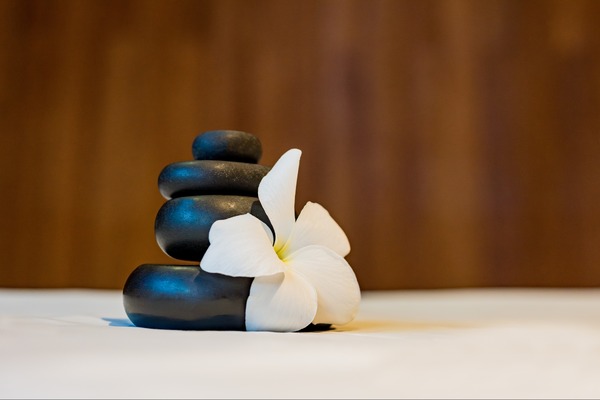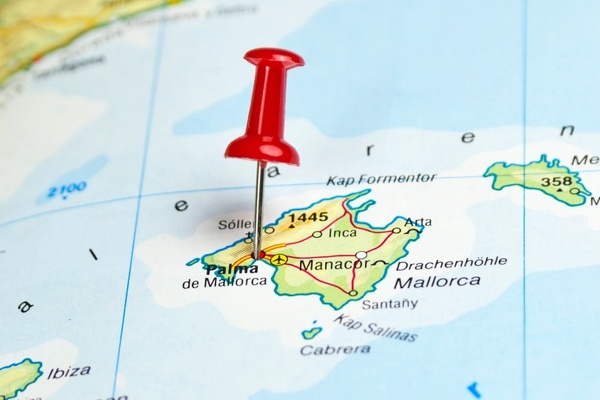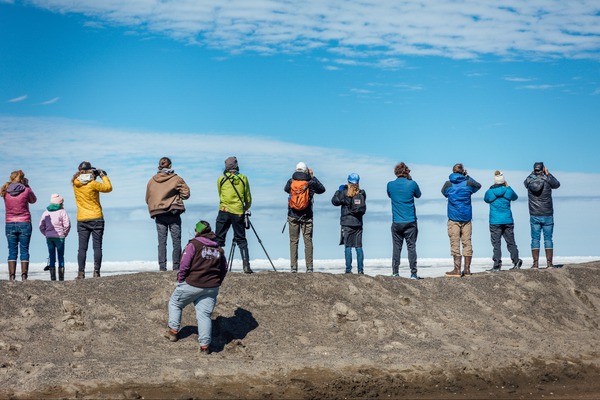‘Is seeking B Corp the right path for your agency or brand right now?’
 John Pritchard
John PritchardPursuing B Corp certification takes time, effort and cash. In his second TTG column, after exploring whether travel brands should or shouldn’t seek a quality mark, We Are Llama’s John Pritchard turns his attentions to what makes them a worthwhile endeavour and when, or whether, the time is right.
The natural follow-on to the question of whether an agency or travel brand can or can’t afford to seek a sustainability quality mark like B Corp is to ask whether now is the right time to make that commitment.
Nearly half the travelling public want their travel provider to be taking positive steps for the planet, and the extreme climate events we’re seeing in the destinations people love to visit can’t be ignored.
Our consciences tell us we should all be doing something, but what? There are plenty of customers out there confused – or even turned off – by talk of sustainability, and the issue can seem paralysingly complex.
So do you have the time, energy and investment needed to pursue a mark like B Corp? And is your brand in the right place on its journey?
Why B Corp might not be for you right now
Achieving the demands of B Corp certification requires time and energy – that’s one of its selling points, because only those businesses willing to make the effort succeed.
But after the struggle to recover from the lost pandemic years, voices in your business might argue now’s not the time to trade agility for paperwork, or to jeopardise growth by going after green credentials.
You must also be prepared to marry the investment of time with that of money. Certification costs vary according to company size. Companies with revenue of between £150,000 and £500,000 pay £920 in assessment costs and an annual fee of £1,250.
If you don’t have a sustainability budget, these costs usually come out of marketing. This gives your decision a strategic dimension just when every penny spent promoting your brand has to be optimised.
Finally, it may not instinctively feel right. Perhaps the cost-benefit equation isn’t adding up and it’s just not the time for your travel business. That’s OK, B Corp isn’t going anywhere.
But in the meantime, there are some simple steps you can be taking right now to scratch your sustainability itch that will feed into your B Corp assessment should you choose that route further down the line.
Understand where you are
The B Impact Assessment enables you to understand what it is you’ll need to do, and the standards you’ll need reach, should you decide to go for certification in the future.
Plus, it’s free – only when you press the button to submit do you incur a fee – so you can take all the value of the structure the assessment provides and start building your sustainability strategy.
Dip in and out as much as you want.
Work from the inside out
A 2022 Deloitte survey found that nearly two-thirds (64%) of workers stated they would be more attracted to, and to remain at, organisations that create value not just for shareholders, but for its employees and society as well.
A common mistake businesses make is to have their sustainability function centralised through one person, ignoring the physical and mental potential of its employee base to contribute to the sustainability journey the business is on.
A positive, early step is to begin internally market the sustainability mission – empower employees to take responsibility for different areas of the business’s sustainability strategy. It could be arranging a volunteering partnership, or working on energy, water and waste saving efforts.
Start marketing with ‘purpose’
When helping companies certify, it’s common to find many don’t have – or are at the start of benchmarking – the data that will be used to calibrate and feed into their B Corp impact reporting in the years ahead.
By collecting that data now, it’s possible to feed it into your short-term marketing narrative right away, as well as build towards what you’ll need for your assessment when the time comes.
Great-value tools from Small 99 and Green Small Business, for example, are cost-effective ways to start your carbon reporting journey, and organisations like 1% For The Planet or Buy One Give One make it easy for businesses to give back and contribute to people and planet-orientated projects around the world.
Such initiatives will form an integral part of the impact report you’ll need for your B Corp submission. You’ll be strengthening stakeholder relations too by demonstrating a transparent commitment to positive change.
Own your journey
The B Corp journey is a marathon, not a sprint. Take your time and progress at your own pace. Reaching the finish line at your own speed will be far more likely to lead to your successful certification.
John Pritchard is founder of sustainability consultancy illume.eco. Prior to this, he founded Pala Eyewear, an award-winning eyewear brand and B Corp. He also works with the Llama travel marketing collective, helping brands to integrate and optimise sustainability messaging in their marketing.
Sign up for weekday travel news and analysis straight to your inbox

John Pritchard
Supplier Directory
Find contacts for 260+ travel suppliers. Type name, company or destination.
